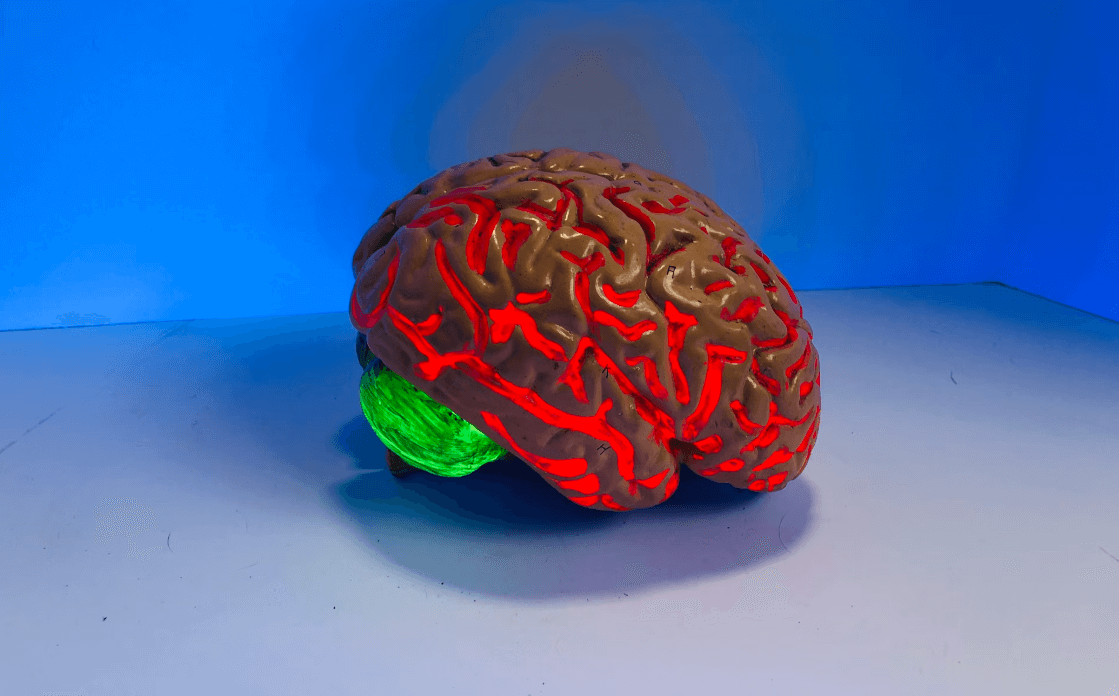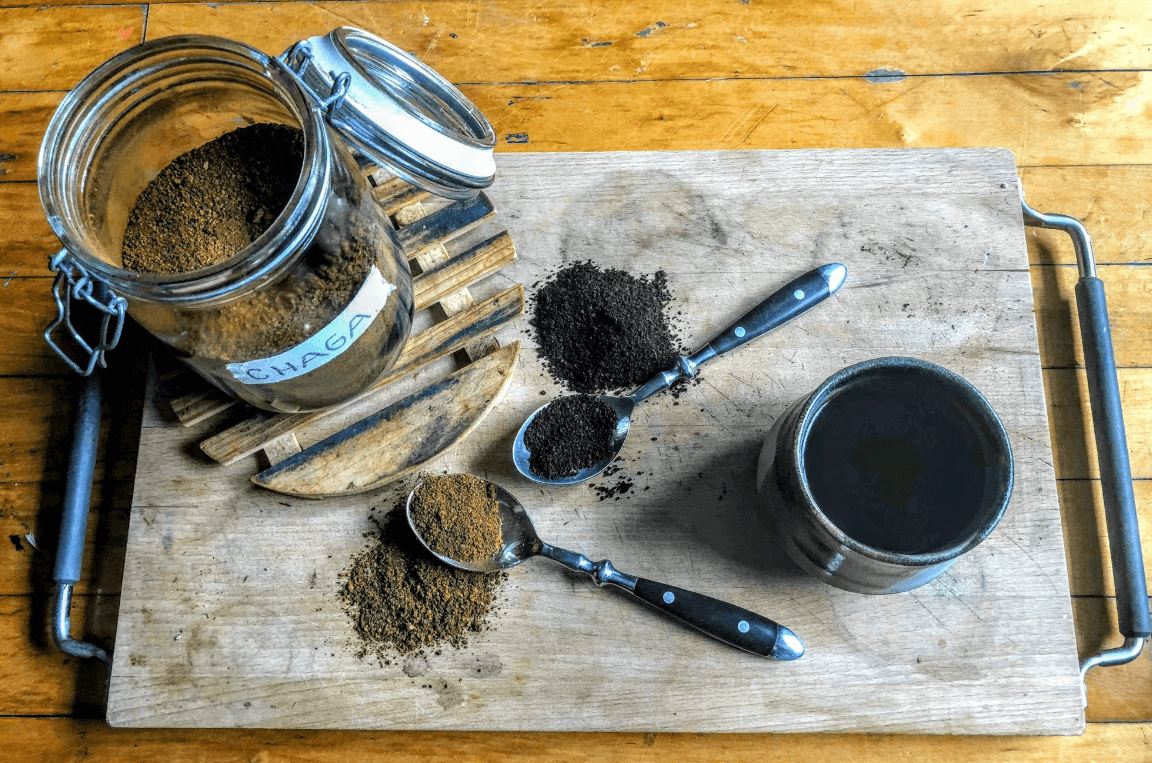Coffee is one of the most widely consumed beverages in the world. It has been associated with a number of health benefits, including improved mood, energy, and cognitive function. But is coffee actually good for you? In the 21st century, when we’re all rushing to get somewhere and our working days are longer than ever before, coffee is not just a tasty beverage, it’s pretty much a daily necessity. While coffee has been around for centuries, in the past two decades there have been significant changes in the way that people consume coffee. These changes include the increased consumption of flavored coffee drinks and the increased popularity of coffee shops as places to work, relax, and socialize. In fact, many Americans now spend more time at coffee shops than at their homes.
What health benefits DOES coffee HAVE?
Coffee May Drastically Improve Your Physical Performance
One of the instant and most impressive coffee benefits for both men and women is its ability to enhance physical performance, helping you bring your workout to the next level or just get through the daily tasks with maximum energy.
Coffee is also very popular as a contributor to higher concentration and stamina, endurance athletes and fitness enthusiasts like to drink some before hitting the gym or competing.
Coffee is the number one source of antioxidants in the U.S., according to researchers at the University of Scranton.
The authors of the study emphasize moderation, so only one or two cups a day will be just enough to be beneficial.
If you are sensitive to caffeine or pregnant, don’t worry. Decaffeinated coffee also provides almost the same levels of antioxidants as the caffeinated version. Coffee may dramatically improve your physical performance. Coffee has a lot of antioxidants and other beneficial compounds that have been shown to improve athletic performance. Some studies suggest that coffee may be helpful in improving endurance and muscle strength.
But caffeine is not the only substance in coffee that may improve your athletic performance. Coffee also contains compounds called chlorogenic acids, which have been shown to increase blood flow in the body and the amount of oxygen that the body uses. Chlorogenic acids are also responsible for the bitter taste of coffee, so some people don't like coffee because of its bitter taste.
Coffee Can Reduce Heart Attack Mortality Risk
Coffee can reduce your risk of having a heart attack, even if you drink it black, according to a new study from Harvard University. The findings, published online in the journal Circulation, support the idea that coffee might be useful in reducing cardiovascular disease (CVD). "It's not just about the caffeine, but the compounds in coffee that are biologically active," says Dr. Soren Petrovsky, who led the study at Harvard's School of Public Health. "Our study suggests that coffee consumption may be associated with a lower risk of death from CVD."
Studies have shown that those who drink two or more cups of coffee daily, after having a heart attack, have the least risk of dying from it. Researchers say that the antioxidants found in coffee may help keep the heart strong and healthy. In fact, a study published in the Journal of Nutrition in 2002 found that people who drank five or more cups of coffee a day had less than half the risk of a heart attack as those who drank no coffee at all.
Coffee Is Proven To Reduce Colorectal Cancer Risk
Coffee is proven to reduce colorectal cancer risk. Recent studies have shown that coffee drinkers have lower rates of colorectal cancer. This is true even for people who drink a lot of coffee. Coffee contains a number of substances that may protect against colorectal cancer.
For example, caffeine is known to block the action of certain chemicals in the body that may promote growth of cancer cells. Coffee also contains antioxidants, which are chemicals that may help prevent cell damage and the formation of cancer. Finally, coffee contains a type of fiber called chlorogenic acid, which appears to be protective against cancer.
Moderate consumption of coffee will reduce the odds of developing colorectal cancer by 26%. A recent study published in the British Medical Journal found that moderate consumption of coffee may lower the risk of developing colorectal cancer by up to 26%.
The study involved more than 400,000 people who had completed a food frequency questionnaire. During an average of 14 years of follow-up, 1,814 people were diagnosed with colorectal cancer. It was found that compared to those who rarely or never drank coffee, people who drank three or more cups daily had a 24% reduced risk of developing colorectal cancer. The study also showed that this benefit was greater for men than women. However, the researchers warned that because the study was observational, it could not prove cause and effect.
Coffee Protects Liver Health
Coffee protects liver health. The liver performs a host of functions, including regulating blood sugar levels, helping the body metabolize drugs and toxins, and producing a range of important proteins, such as albumin and clotting factors. In fact, the liver is the only organ in the body that can regenerate itself.
This means that if your liver is damaged, it can be repaired, even though the damage may be extensive. But while coffee can help keep your liver healthy, it can also make it perform better. For example, coffee can stimulate the production of bile, a fluid that helps digest fats. Coffee also appears to inhibit the growth of certain cancer cells. And some research suggests that coffee can protect the liver from damage caused by alcohol.
Another benefit of drinking coffee is it increases circulation and can stimulate the liver.
For example, increased coffee consumption was associated with lower rates of liver disease progression in people with hepatitis C.
It is also worth noting that there was a 20 percent reduction in alcoholic liver syndrome for every cup of coffee a day participants drank.
Other research suggests that coffee may also protect against cirrhosis, including even alcoholic cirrhosis.

What is instant coffee?
Instant coffee (you may have also heard it called soluble coffee, coffee crystals, or coffee powder) is a beverage derived from brewed coffee beans.
By adding hot water or milk to the powder or crystals and stirring, coffee lovers can quickly prepare hot coffee. It can also be served cold, with milk and ice. Instant coffee is available in many different varieties, including regular, flavored, decaffeinated, and herbal blends. It is usually produced by adding water to ground-up coffee beans.
This process is called brewing. Many people like instant coffee because it is convenient and quick to prepare. However, some people have health problems such as caffeine intolerance, and others may be sensitive to additives.
What is instant coffee made of?
First, let's state the obvious: instant coffee is in fact made from real coffee.
Whole beans are roasted, ground and brewed, just like usual.
That is where they start their journey to becoming instant coffee powder. It’s the same as regular coffee except that it has been processed to be ready to drink. The process involves the addition of ingredients such as cream, sugar, and water.
This results in a beverage that is not only instantly available but also tastes just like coffee. The process is called extraction. Most instant coffee products are based on a simple recipe called the Dreyer’s formula. This is a blend of different coffee beans that are ground and mixed with a blend of other ingredients that are added to extract the coffee.
The resulting product is a mix of roasted coffee beans and the extraction solvent. It looks like regular coffee but has the consistency of pancake batter. It is ready to drink right away.
The Process Of Making Instant Coffee
There are two different methods for making instant coffee.
With the first method of coffee making, liquid coffee is sprayed in a fine mist through very hot and dry air.
By the time the coffee droplets land, they have dried into a powder that we know as instant coffee powder.
The second method is freeze-drying, where the liquid is forced from the frozen coffee through chemical sublimation.
This process forces the ice to vaporize without going through the liquid stage.
This process will leave behind a shelf-stable coffee powder, which we later can reconstitute in water and enjoy.








